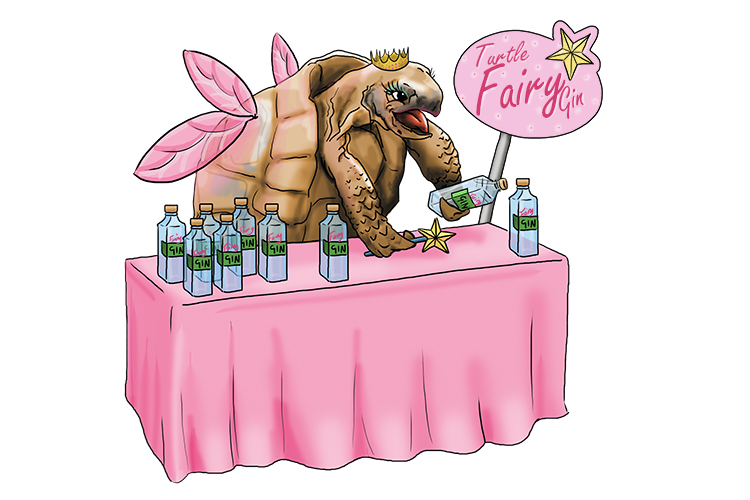Tertiary economy – The part of the economy that provides services rather than end products. Services include selling, hospitality and leisure
The tertiary and quaternary (see next page) sectors make up 76% of the UK's economy.
To remember the meaning of the term Tertiary Economy, use the following mnemonic:
The turtle fairy (tertiary) was out selling gin.

The tertiary economy is the part of a country’s economic infrastructure that provides services – sometimes referred to as “non-tangible goods” – to businesses and ordinary people, or consumers.
These services involve a large range of sectors, including schools, retail (selling), restaurants, banks and financial services, insurance, warehousing and advertising.
Many tertiary industries support the primary and/or the secondary economies. For instance, the secondary economy (manufacturing) is highly reliant on the tertiary economy (which includes retail) to sell the goods it produces.
When countries become more developed, they tend to focus more on their tertiary economy.
The tertiary economy includes both commercial (profit-making) and not-for-profit services such as government institutions, healthcare and social work.




